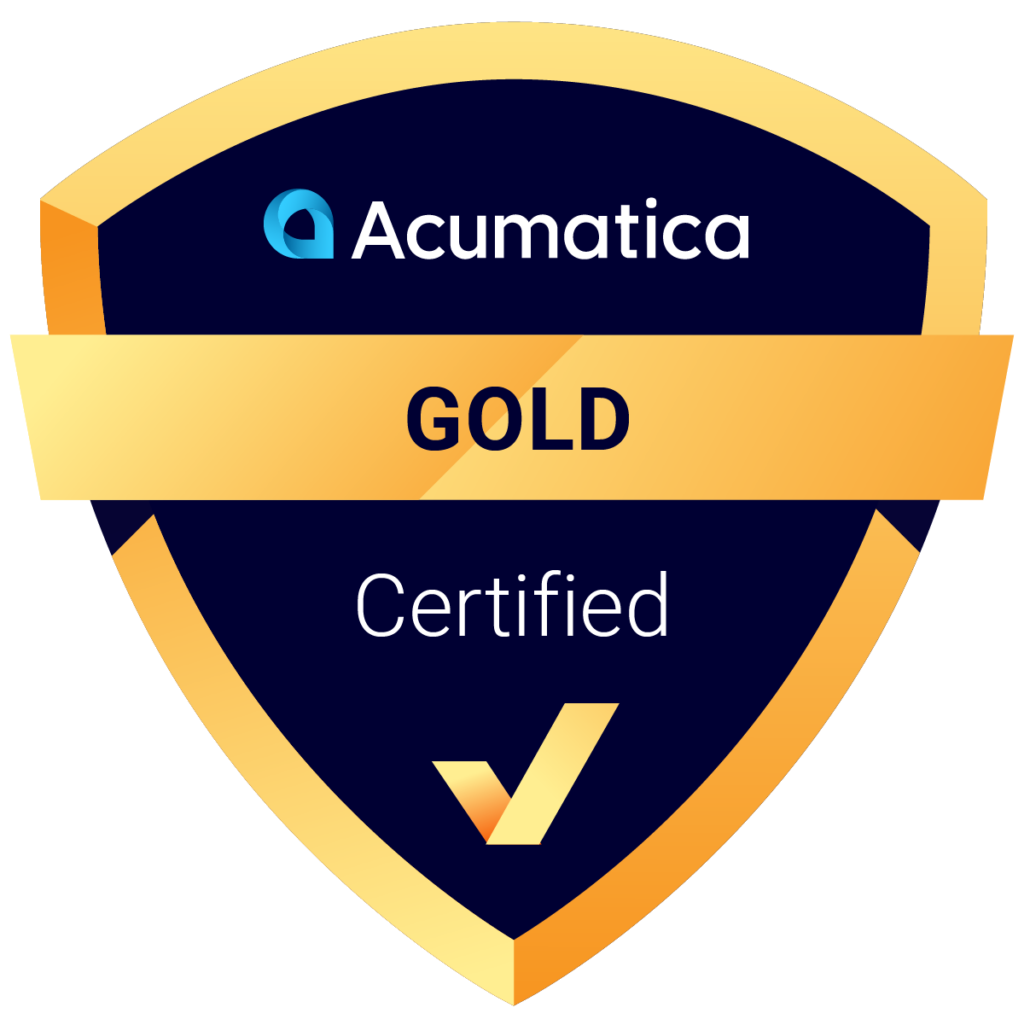Shouldn’t we tell the accountant when we make sales?
I was speaking to the management team of a local business that has a jumble of solutions that form its business information system. A key component of that system is the web store or e-commerce solution. It has great flexibility, showcases the company’s products nicely and lets customers place orders quickly and easily. There is, however, no integration with the back-end accounting system.
The result of the disconnect is the transactional data is entered twice and information entered into the e-commerce solution need to be re-entered or verified. Sales transactions are entered again and merchant fees and taxes are all processed in accounting even though that information has already been calculated for the customers when they order from the web store. Also, without integration to the inventory tracking system, stock-outs reported on the web store are not only possible, they are likely.
Not all financial management systems are created equal. As a matter of fact, many of these are not systems at all. They are simply individual programs that all perform their specific tasks well but do not transfer data between them. Imagine a sports team full of members that don’t talk to each other. It’s not hard to imagine how many championships that team would win – how about none?
It’s amazingly easy to find, test drive and start using a cloud-based e-commerce solution. In only a few days, you can be up and running with your shiny new web store. Your customers will happily use that web store expecting it to work! They will expect accurate prices, supply on hand, your record of their shipping address to be correct, and their account to be updated appropriately. The only problem is, all of these demands are made more difficult if your e-commerce solution is not integrated with your back-end accounting system.
If you really want to be able to scale your e-commerce business, use an integrated platform. Start with a flexible accounting package to run your business then an e-commerce solution that integrates – not the other way around.
To see why this is important, consider the primary goal of an e-commerce solution. Make it simple for your customers to order from you and for new customers to find and order from you. With that goal in mind, putting up a web store, loading your products and descriptions and ready-set-launch seems like a great move. To see what can go wrong with your flight path consider the following:
- What data do you require for a sale transaction? This might seem like a no-brainer – product, price, and quantity are the obvious things but think about your customers. Do they have different ship-to locations? Many do and what to ship where is often controlled by the accounting system. If you integrate your web store, that logic is available. If you don’t, you’ll have unhappy customers because the shipment they wanted in Toronto got shipped to Greenland.
- Where do you store your customer information? Another no-brainer at first blush. The data in your accounting system should be correct so you’re able to invoice your customers. What happens when a customer visits your web store and updates their mailing address? How does your accounting system know about this? Having trouble collecting? You could be sending an invoice to the wrong place or emailing the wrong person because your e-commerce solution accounting system are not integrated.
- How do you record receipt of your inventory items? The primary purpose of a web store it is to record sales. Therefore a web store is good at decreasing the number of items on hand. Can you use the web store to record the receipt of items to increase the on-hand quantities? If so, you’ll have to record that information a second time in accounting so costs can be calculated. If not, your web store will soon report that you don’t have stock available to sell. How can THAT be good for sales?
The points above primarily consider your existing customers. What about potential customers who visit your site, pay cash and buy your products? This is a very nice feature of web stores – customer can find you instead of the other way around. However, if you integrate your e-commerce solution with your accounting system, you can take even more advantage of the web. An integrated system which can include your CRM system can market to customers who just stumbled upon you or to gain repeat business.
When you consider these benefits, it makes sense for your sales team to meet your accountants – for your web store to talk to your accounting software. Sounds like the start of a beautiful friendship!




